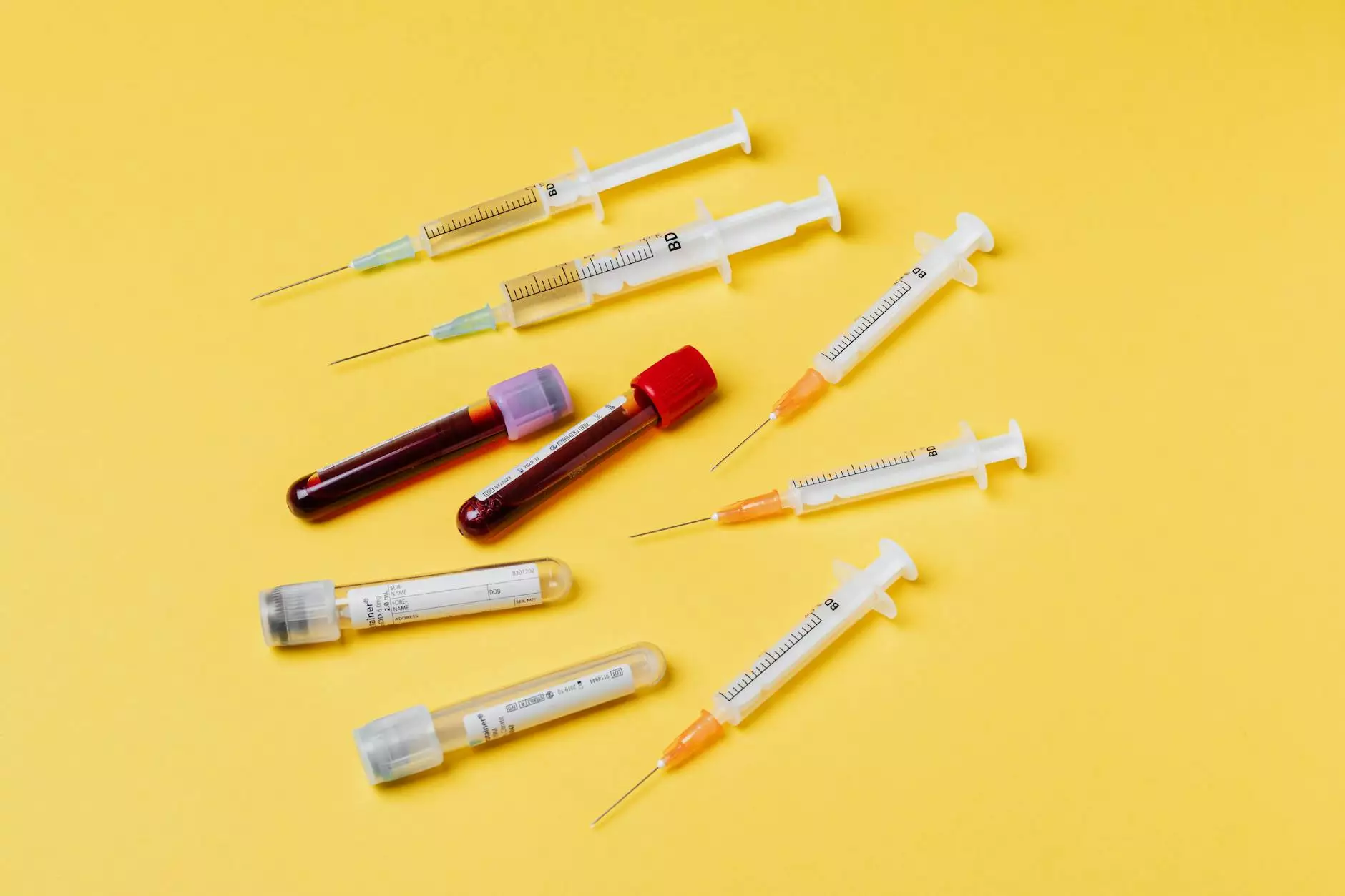Telling the Truth about High Blood Pressure

Introduction
Welcome to Michael Finley, CNHP's comprehensive guide to understanding high blood pressure and its management. In this article, we will delve into the various aspects of high blood pressure, its causes, symptoms, risk factors, and effective strategies for controlling and maintaining a healthy lifestyle.
Understanding High Blood Pressure
High blood pressure, also known as hypertension, is a common medical condition that affects millions of people worldwide. It occurs when the force of blood against the walls of the arteries is consistently too high.
Uncontrolled high blood pressure can lead to serious health complications such as heart disease, stroke, kidney damage, and even blindness. It is crucial to educate ourselves about this condition and take proactive steps to manage it effectively.
Causes of High Blood Pressure
There are several factors that can contribute to the development of high blood pressure. Some of the common causes include:
- Unhealthy diet high in sodium and low in potassium
- Lack of physical activity
- Excessive alcohol consumption
- Smoking
- Being overweight or obese
- Stress and anxiety
- Family history of hypertension
Symptoms and Risk Factors
In most cases, high blood pressure is known as the "silent killer" because it often presents no obvious symptoms. However, some individuals may experience symptoms such as:
- Headaches
- Dizziness
- Shortness of breath
- Chest pain
- Blurred vision
It is essential to be aware of the risk factors associated with high blood pressure, as they can help identify individuals who are more susceptible to this condition. Some of the risk factors include:
- Age (risk increases with age)
- Family history of hypertension
- Being overweight or obese
- Smoking
- High stress levels
- Unhealthy diet
Prevention and Management
Thankfully, high blood pressure can often be prevented or effectively managed through a combination of lifestyle changes and, if necessary, medical interventions. This section will explore some strategies for prevention and management:
1. Healthy Diet
Aim to follow a balanced diet rich in fruits, vegetables, whole grains, lean proteins, and low-fat dairy products. Reduce sodium intake and avoid processed foods as they are often high in salt.
2. Regular Exercise
Incorporate regular physical activity into your routine, aiming for at least 30 minutes of moderate-intensity exercise most days of the week. Consult with a healthcare professional before starting an exercise regimen.
3. Weight Management
If you are overweight or obese, losing weight can have a significant impact on lowering your blood pressure. Adopt healthy eating habits and engage in regular physical activity to achieve a healthy weight.
4. Limit Alcohol Consumption
Excessive alcohol consumption can raise blood pressure. If you drink alcohol, do so in moderation. Guidelines recommend no more than one drink per day for women and two drinks per day for men.
5. Stress Management
Find healthy ways to manage stress, such as practicing relaxation techniques, participating in hobbies, or seeking professional help if necessary. Chronic stress can contribute to high blood pressure.
6. Medications
In some cases, lifestyle changes alone may not be enough to control high blood pressure. Your healthcare provider may prescribe medications to help manage your condition. Follow their guidance and take medications as prescribed.
Conclusion
Taking control of your blood pressure is crucial for maintaining a healthy lifestyle and preventing serious health complications. By understanding the causes, symptoms, and risk factors of high blood pressure, as well as implementing healthy lifestyle changes, you can effectively manage your condition and improve your overall well-being.
At Michael Finley, CNHP, we are dedicated to helping you achieve optimal health. Contact us for personalized guidance and support in managing high blood pressure and other related health concerns.










